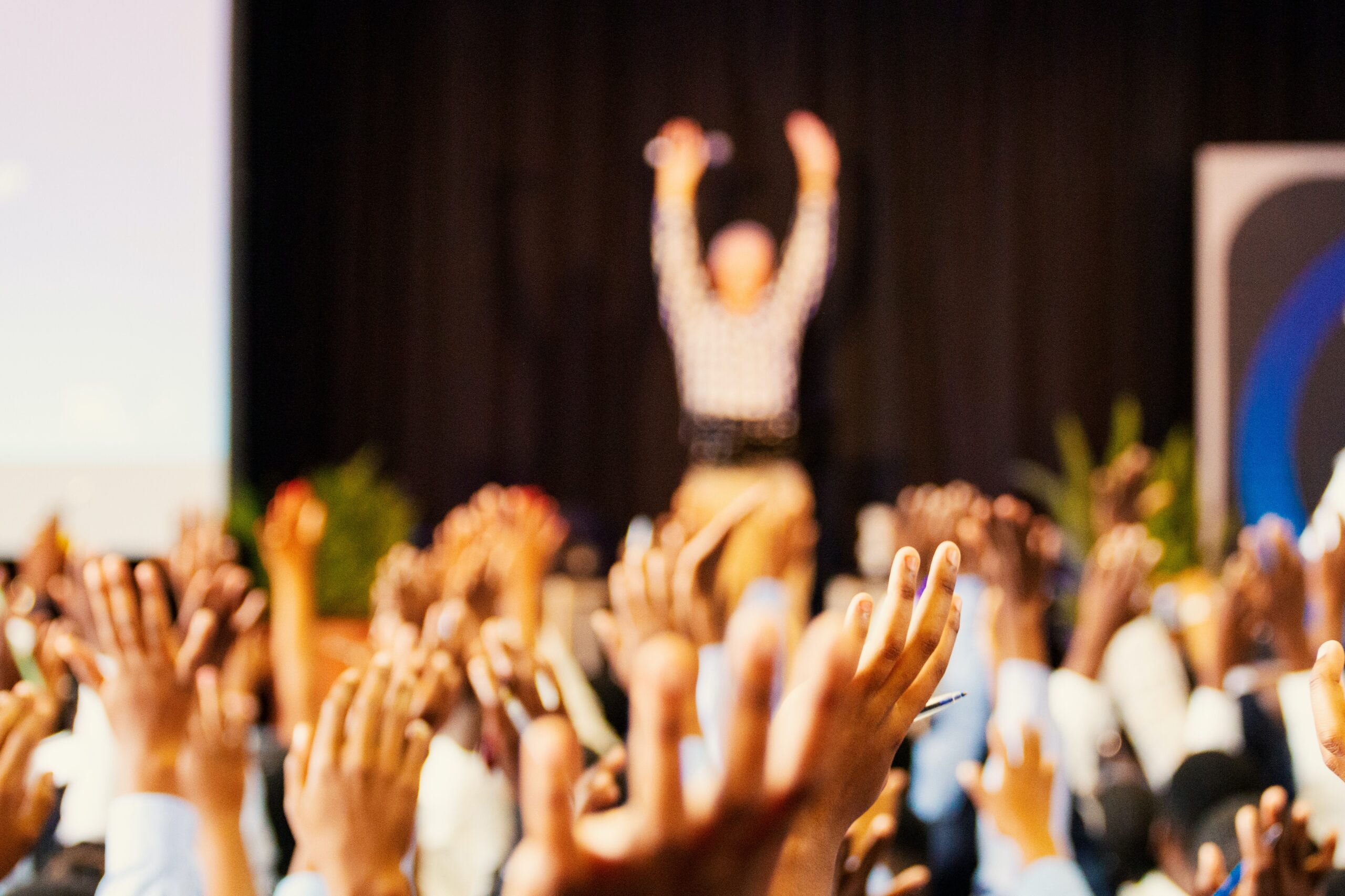By Greg Wildisen
Firstly, a big thanks to Cosmonauts for putting together the 2022 Future Lawyer Week 5.0 #FLWUK. An excellent three days of legal tech insights and debate around what makes the lawyer of the future.
In-House Day
To that end, day 2, the in-house day was a stand-out. It was chaired by Isabel Parker, Executive Director at the Digital Legal Exchange, who thoughtfully introduced speakers to the stage and rounded out each session with inciteful observations. I really enjoyed the session on the In-House Pro Bono Group by Sharon Blackman (GC and MD at Citi) and Radhiki Rani (Senior Legal Counsel at HP) not just because it demonstrates the power of collaboration but because Access to Justice is always a worthy objective in my opinion.
From a future law and tech perspective, I thought Denis Potemkin (Founder at Majoto) offered the most refreshing legal tech perspective. From the standpoint of ‘Culture Eats Tech for Breakfast’, Denis put forward the simple yet powerful position that tech will work much better for lawyers, if lawyers simplify their most powerful output – the contract. He puts it much more eloquently than me and it’s really worth investigating.
Finally, my friend and colleague Olly Buxton (The Jolly Contrarian) who threatened to take us through a barrage of slides and in the end posited the simple position that if you are going to drive change, don’t just try and tech enable what you do today, reimagine it completely, you’ll get much more amplification that way – love that guitar picture, Olly!
The day was wrapped up by Isabel as we learned that we can expect the in-house lawyer of the future to be focused on creating value, to be knowledge rich and time poor, to understand the importance of the human interface… and that we should all be spending a little time ‘job crafting’ to make sure we achieve the aims in our professional lives.
Private Practice Day
I also attended Day one – focused on private practice lawyers. Chaired by Catherine Bamford (CEO at BamLegal). This day focused on how legal firms of the future will deliver their legal services. Unfortunately, the morning sessions focused too much on the timing and challenges of hybrid working. I understand this is an important topic for law firms to grapple with, but the question of 2 days in the office & three days at home or vis versa is one I believe each firm will just have to work out on its merits. And I’m sure that determining if a lawyer working for a London law firm but working from a home office in a country town should attract the same salary, is interesting to some, but for me, that doesn’t really get us any closer to the future of legal services delivery.
There was a healthy debate around law tech valuations, but it would be great to get a clearer picture of how tech will truly re-image the way law firms deliver legal services.
Litigation Day
And finally, day three, litigation day. Unfortunately, I could only stay until lunch so missed the afternoon sessions. There were some great insights, however, one observation as someone who started my career as a litigator and spent 20+ years in eDiscovery, it’s time to move the conversation on from TAR and TAR2.0 and CAL. Those technologies were on the speaker circuit topic list in 2013! I put the challenge out to all those multi mullion dollar eDiscovery companies to get some innovation happening again. The industry has stagnated, it’s time to get the tech back to the forefront of litigation and get some exciting topics panels to debate. There was a glimmer of hope with cross matter AI Models, but I am hopeful next year will deliver refreshing innovation and truly open the debate for how lawyers of the future will resolve disputes and the part that tech will play in the resolution.
Thanks again to Cosmonauts for continuing to support legal technology and for providing opportunities for discussion. It’s clear to see there’s an appetite for change and we look forward to seeing some solid examples of truly re-imagined legal services soon.


